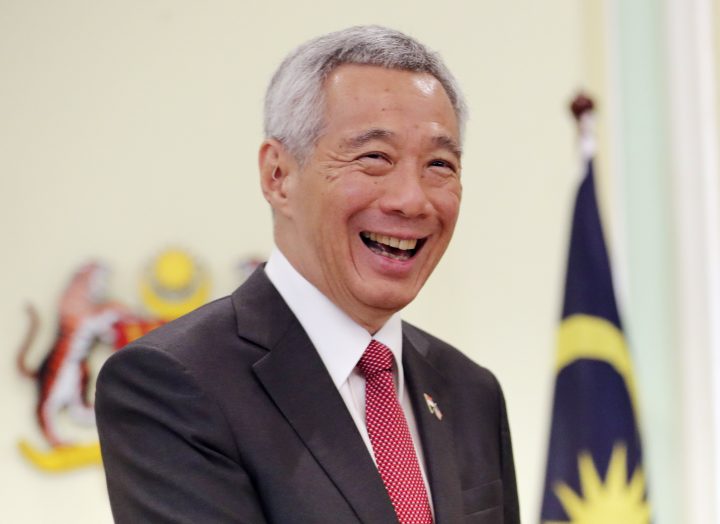Singapore has passed a law criminalizing publication of fake news and allowing the government to block and order the removal of such content.

The Protection from Online Falsehoods and Manipulation Bill passed Wednesday night by a vote of 72-9, a lawmaker with the opposition Worker’s Party, Daniel Goh, said on Facebook.
READ MORE: Is banning social media after a terrorist attack for the best?
The law bans falsehoods that are prejudicial to Singapore or likely to influence elections and requires service providers to remove such content or allows the government to block it. Offenders could face a jail term of up to 10 years and hefty fines.
Opponents in Parliament said it gave government ministers too much power to determine what was false and broadly defined public interest.
The Strait Times newspaper reported Law Minister K. Shanmugam said the orders to correct or remove false content would mostly be directed at technology companies, rather than individuals who ran afoul of the law without intent.

Get daily National news
WATCH: New report finds Canadians consuming more news, but increasing anxiety over fake news

Human Rights Watch sharply criticized the law. It is a “disaster for online expression by ordinary Singaporeans” and a “hammer blow” against the independence of online news portals, said Phil Robertson, the group’s deputy Asia director.
Prime Minister Lee Hsien Loong last month defended the proposed law, saying many countries had them and that Singapore had debated the issue for two years. He rejected criticism the law could further stifle free speech in Singapore, which already has stern laws on public protests and dissent.
READ MORE: Russian bill aims to crack down on ‘fake news’ and disrespect to the government
“They criticized many things about Singapore’s media management, but what we have done have worked for Singapore. And it is our objective to continue to do things that will work for Singapore. And I think (the new law) will be a significant step forward in this regard,” he said on a visit to Malaysia.
Speaking at the same news conference, Malaysian Prime Minister Mahathir Mohamad warned such laws were a double-edged sword that could be abused by governments to stay in power.
Malaysia’s own fake news ban was rushed into law by the government Mahathir’s coalition ousted in a shock election result in 2018. Mahathir has promised to try to repeal the law, though a first attempt to do so failed.
- FBI agents board vessel managed by company whose other cargo ship collapsed Baltimore bridge
- Israeli strike on school leaves 22 dead, 30 wounded: Gaza Health Ministry
- Top Hezbollah leader was among the 37 people killed in Israeli strike in Beirut
- Euphoric 2 years ago, US anti-abortion movement now divided, worried as election nears







Comments